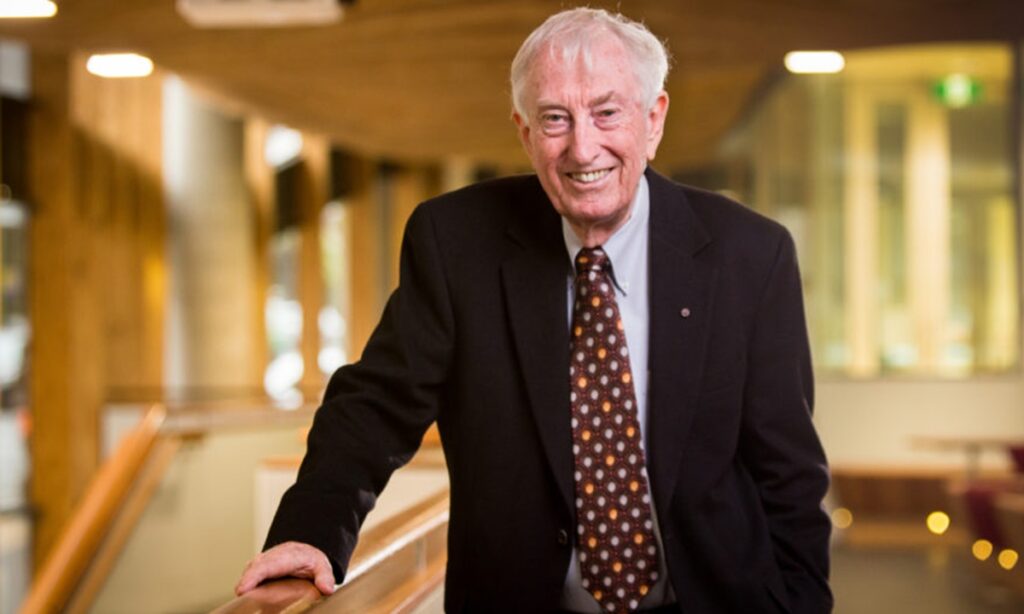In an exclusive interview with the Global Times, Australian immunologist Peter Doherty, who was awarded the Nobel Prize in medicine in 1996, reaffirmed that epidemic prevention measures in China clearly work and noted that he has no doubt that China will make a “major contribution” to helping other countries with vaccination efforts to end the COVID-19 pandemic.
Doherty also made his prediction about how the current global pandemic will develop and talked about his 2012 book Pandemics, the Chinese version of which will be published in China in the beginning of August by Huazhong University of Science and Technology Press.
The book, which has been recommended by Yang Shuzi, an academician of the Chinese Academy of Sciences – provides related and detailed information on pandemics and viruses with readable words, such as how infections spread and how to distinguish between viruses and bacteria.
“People may find the first chapter on how infection and immunity work, and the last on conclusions and recommendations, to be most useful,” Doherty said when introducing the book.
As China has come out from under lockdown, some places in the country have reported new COVID-19 cases, including Beijing, Dalian in Northeast China’s Liaoning Province, Northwest China’s Xinjiang Uygur Autonomous Region and the Hong Kong Special Administrative Region. These places have been taking turns fighting off the new coronavirus infections.
When asked what time the pandemic will end, Doherty said it can only be considered over once the majority of humanity is vaccinated.
“I expect to see vaccines rolling out in the first half of next year,” he said.
The immunologist noted that looking at the current situation in China, everywhere else around the world is dangerous by comparison, even those places that seem to have returned to normality.
“Until we get a good vaccine, we have to prepare for the fact that there may be successive cycles of opening up, then lockdown.”
Doherty said he opposed attacking any country for the coronavirus as this is a naturally-occurring virus that has jumped to humans, perhaps via an intermediate host, such as one or another bat species.
“This is a global problem and we all need to work amicably and effectively together across the science and health spectrum. That’s how science operates anyway,” he noted. To prevent and control the spread of coronavirus, Chinese cities have implemented strict measures such as small community lockdowns to lockdowns of an entire city, as well as carrying out constant nucleic acid tests for residents.
These strict measures have the support of the immunologist, who did not look kindly upon the prevention measures in some developed countries. “Aggressive lockdowns augmented by diagnostic technology and contact tracing, as demonstrated at the outset in Wuhan, clearly work. Countries like Sweden that, with a well-educated community and good hospitals, have avoided doing this have not done well.”
Doherty is an Australian veterinary surgeon and researcher in the field of medicine. He won the Nobel Prize in Physiology and Medicine alongside Rolf M. Zinkernagel in 1996.
He has criticized US President Donald Trump on Twitter, saying he thrives on hatred that divides his own country instead of working on fighting against the coronavirus with other countries.
Peter Doherty Photo: Courtesy of Huazhong University of Science and Technology Press



